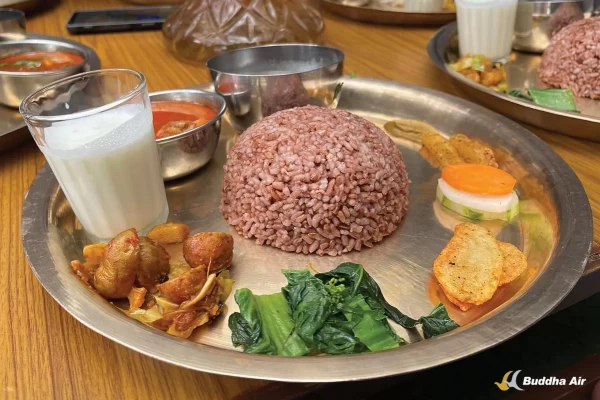
Two women from Dolpa have launched a restaurant in Bauddhanath, Kathmandu, named 'Karnali Chulo,' which means Karnali kitchen. This kitchen offers Karnali cuisines, including Marsi rice, maize porridge, ghyuma, and chhyang. Visitors can also buy organic products like Marsi rice, beans, and maize.
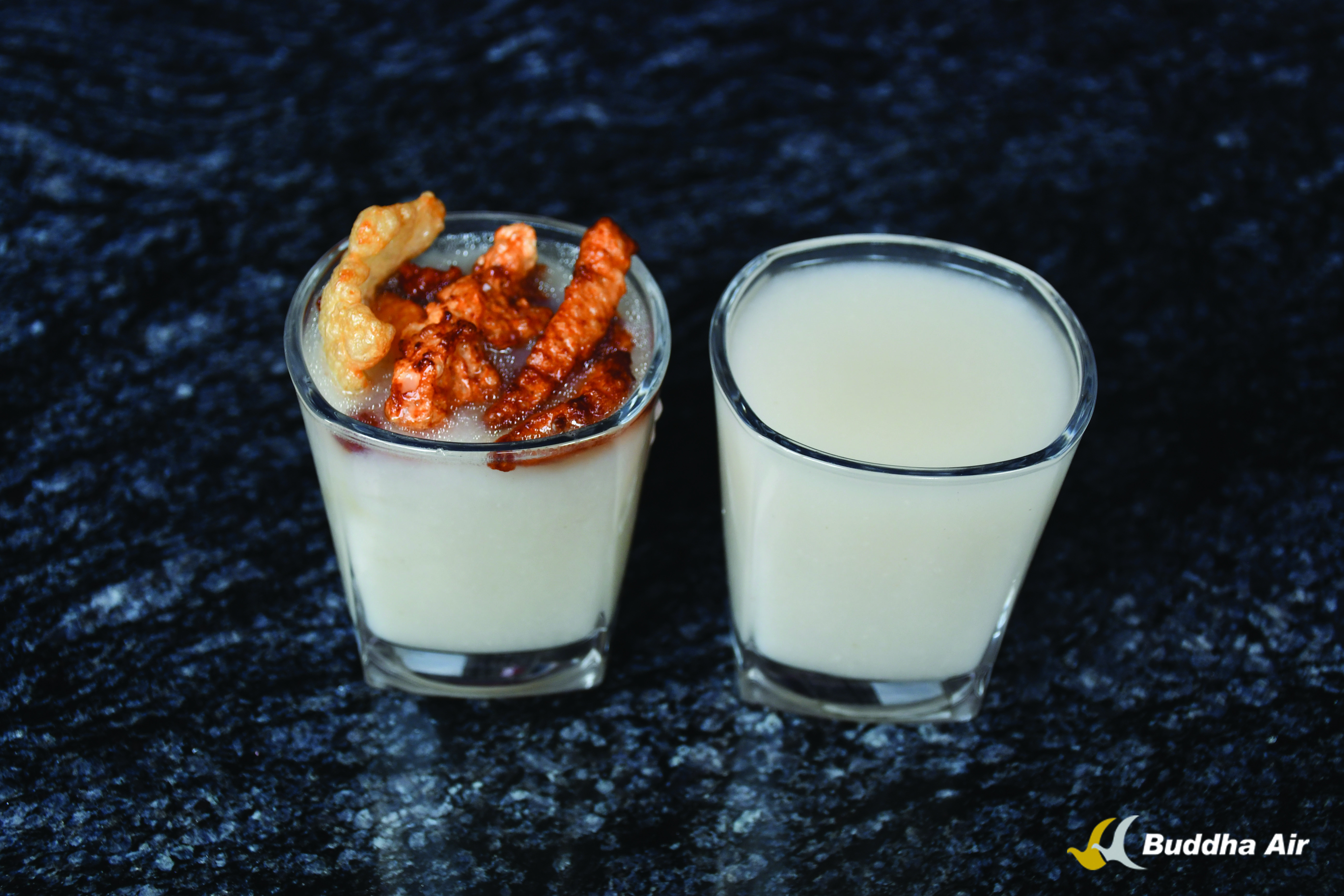
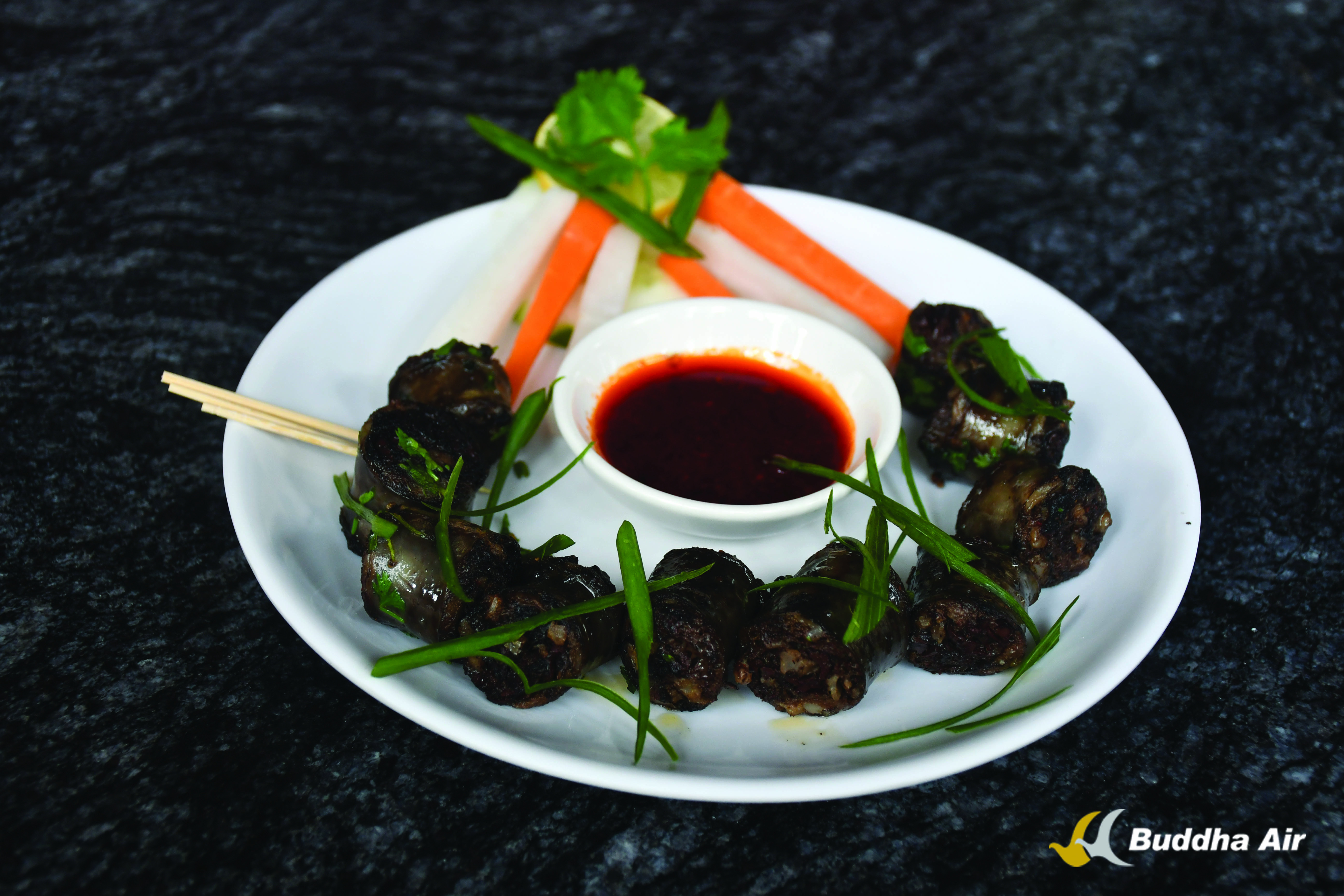
Karnali is a land connected to a river civilization and rich in natural resources. Before transitioning to a provincial structure, Nepal was divided into 14 zones, and Karnali was the biggest. The Karnali zone consisted of five mountain districts: Jumla, Humla, Kalikot, Dolpa, and Mugu.
The provincial structure divided the country into seven provinces. Five more districts were added to Karnali province, which includes Rukum West, Salyan, Jajarkot, Dailekh, and Surkhet. Birendranagar is now the provincial headquarters.
The mountainous region has a unique lifestyle. Everyone gets captivated by the language, culture, food, and lifestyles of Karnali. Subista Rokaya and Ramila Rokaya from Dolpa are working to popularize the cuisines of this region in Kathmandu. They have launched a restaurant called ‘Karnali Chulo’ near Pipalbot in Bauddhanath.
The restaurant was inaugurated on the day of the Nepali New Year last year. This kitchen serves Karnali cuisines like marsi rice, dhindo, ghyuma, and chhyang. Dried meat of buffalo, yak, chyangra, or mountain goats is also available according to the seasons. Karnali thali, marinated chhyang, yarchagumba raksi, and ghyuma are popular dishes from this kitchen.
Bouddhanath is densely populated by people from the mountain region. The number of people from Dolpa is also significant. They are the main customers here. This restaurant also serves Chinese, Indian, and Continental dishes, such as momos, noodles, coffee, burgers, thukpa, keema noodles (noodles with minced meat), and chicken chili.
The restaurant's owners bring Marsi rice, maize, buckwheat, beans, hemp seeds, jimbu, and tomatoes from different districts of Karnali. Customers can buy these products here. The restaurant opens at 9 a.m. and closes at 10.30 p.m. Thirty people can dine at a time. Six staff members are employed in the restaurant at present.
Dishes of Karnali
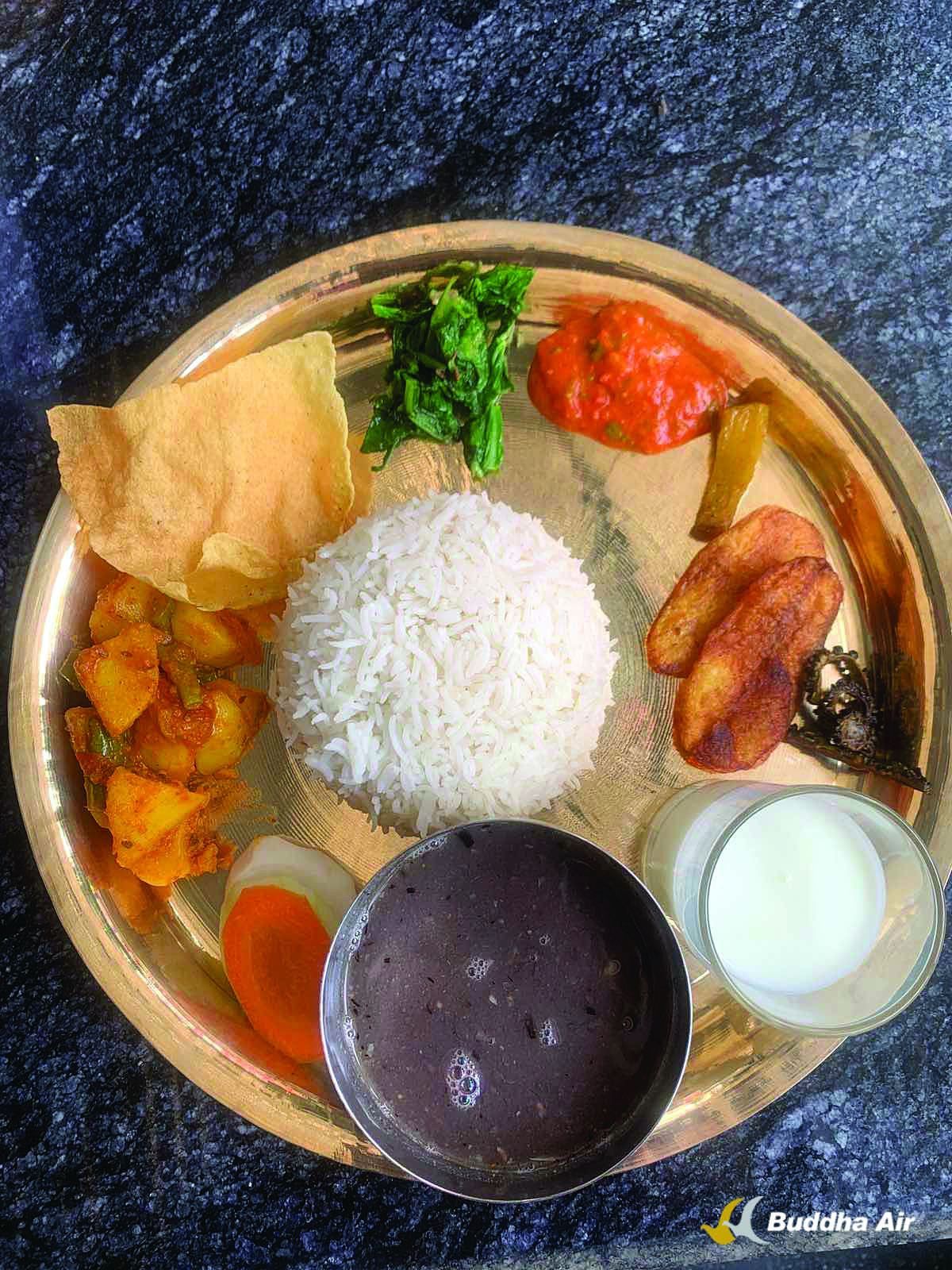
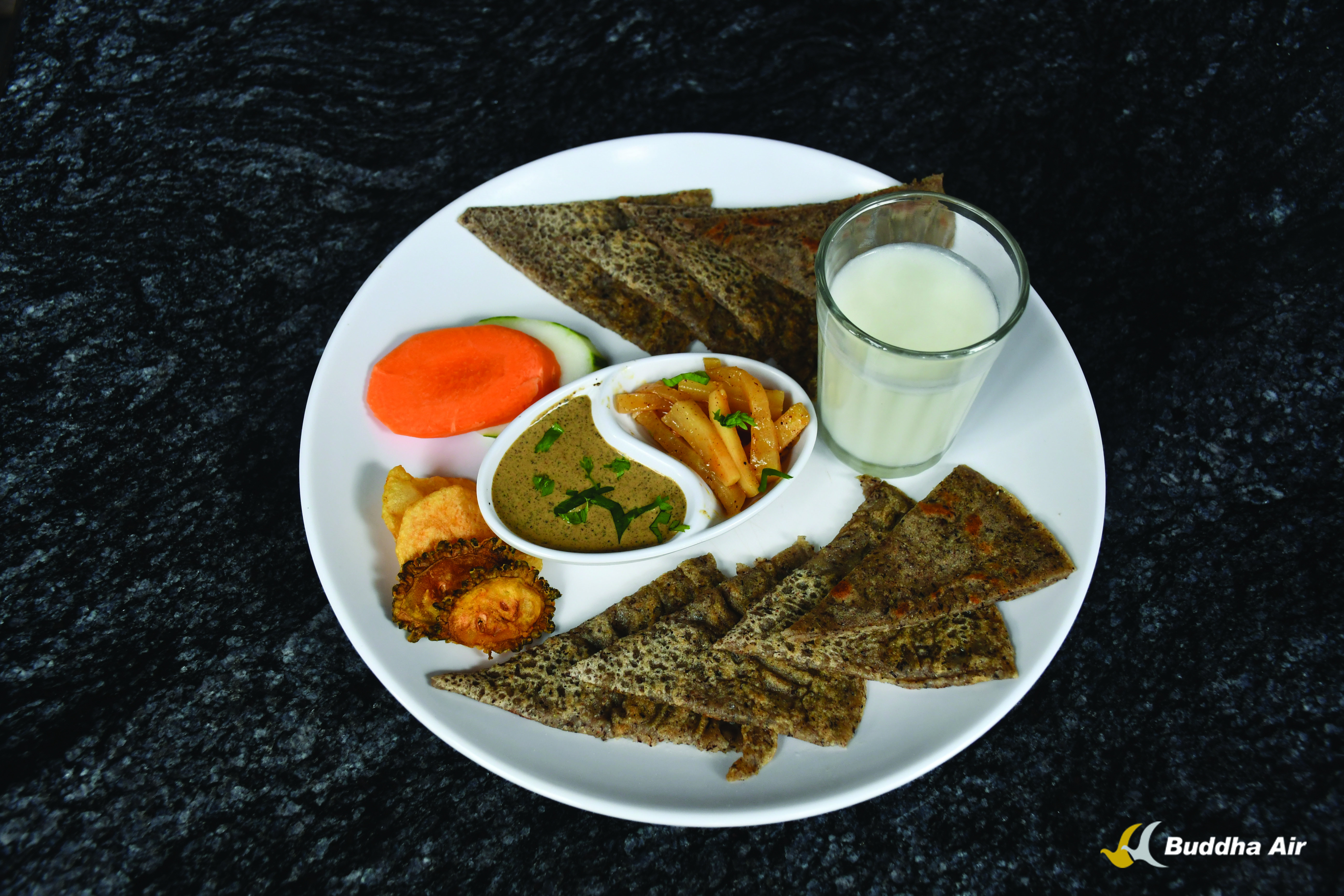
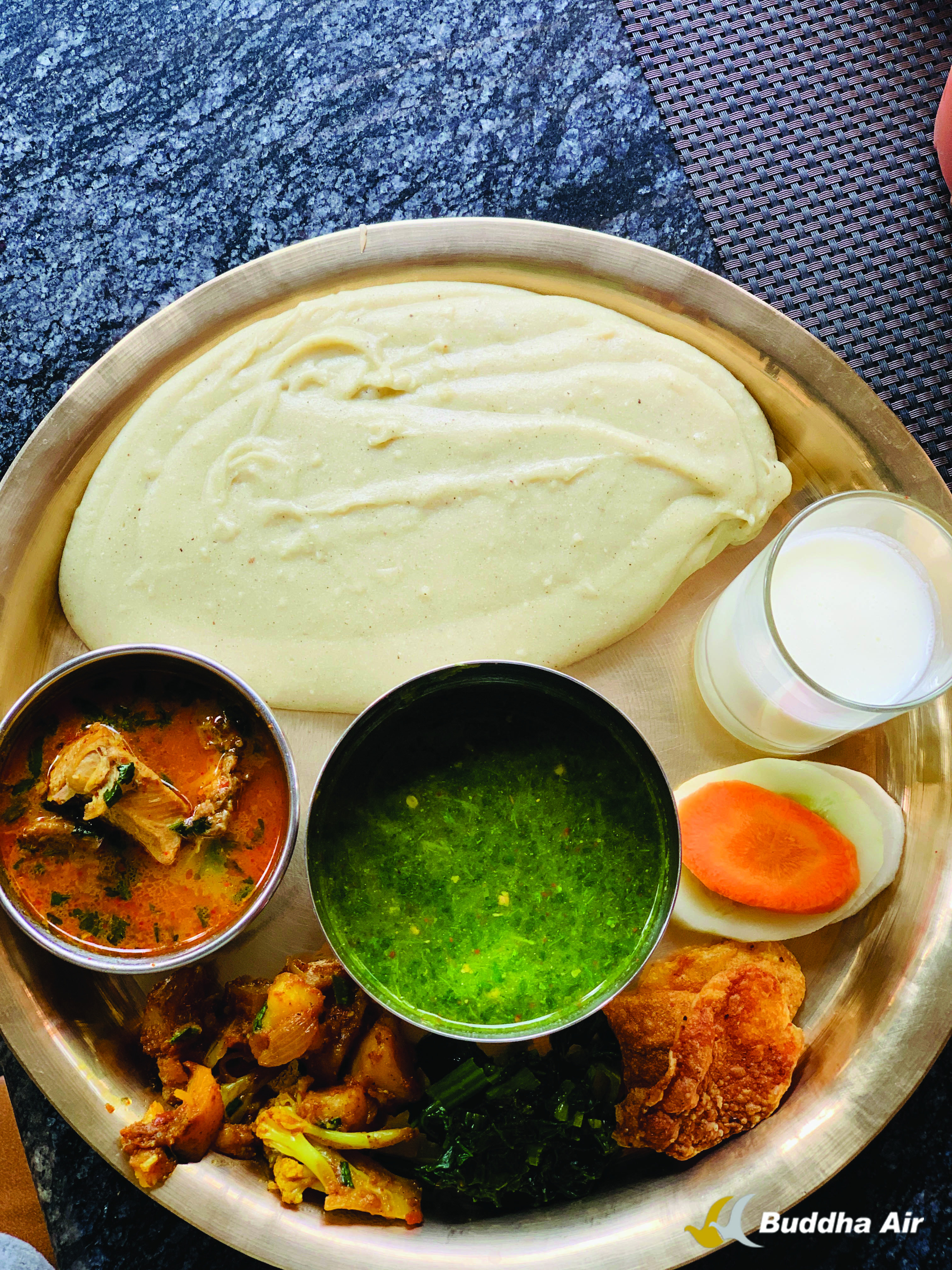
1. Marshi Thali
This food set contains Jumla’s marshi or red rice, vegetable curry, pickle made by grinding hemp seeds, radish and bitter gourd pickles, fried potatoes, papad (crispy cracker), greens, yogurt, and salads. The food is topped with ghee for additional taste. Customers can order chicken, mutton, or pork according to their preferences.
2. Karnali Thali
This set includes a serving of dhindo (thick porridge) prepared with maize, buckwheat, or millet flour. In Dolpa, there is a tradition of eating dhindo prepared from maize flour. It is served with marchyu (tomato and chili broth) or tarchyu (curd and chili broth). The set also contains green vegetables, fried potatoes, and salads. They also serve soup of sisno, the stinging nettle leaf. A non-vegetarian thali can also be ordered.
3. Phapar Roti
Phapar or buckwheat roti (tortilla) is usually eaten as a snack. The set consists of roti, yogurt, radish pickle, hemp seed chutney, salad, and fried potatoes. Meat eaters can also order meat gravy.
4. Ghyuma
Ghyuma is a stock of blood, corn flour, and spices filled in a goat's intestine. It can be roasted or steamed. It is a good hors d'oeuvre for those who consume beverages. In Kathmandu, this dish is called ghinti.
5. Marinated Chhyang
Customers are also served indigenous beverages, chhyang, tongba, and yarchagumba wine. The marinated chhyang has a special taste. It is marinated with ghee and cheese and later blended with honey. It has a sweet and sour taste.
Exemplary Youths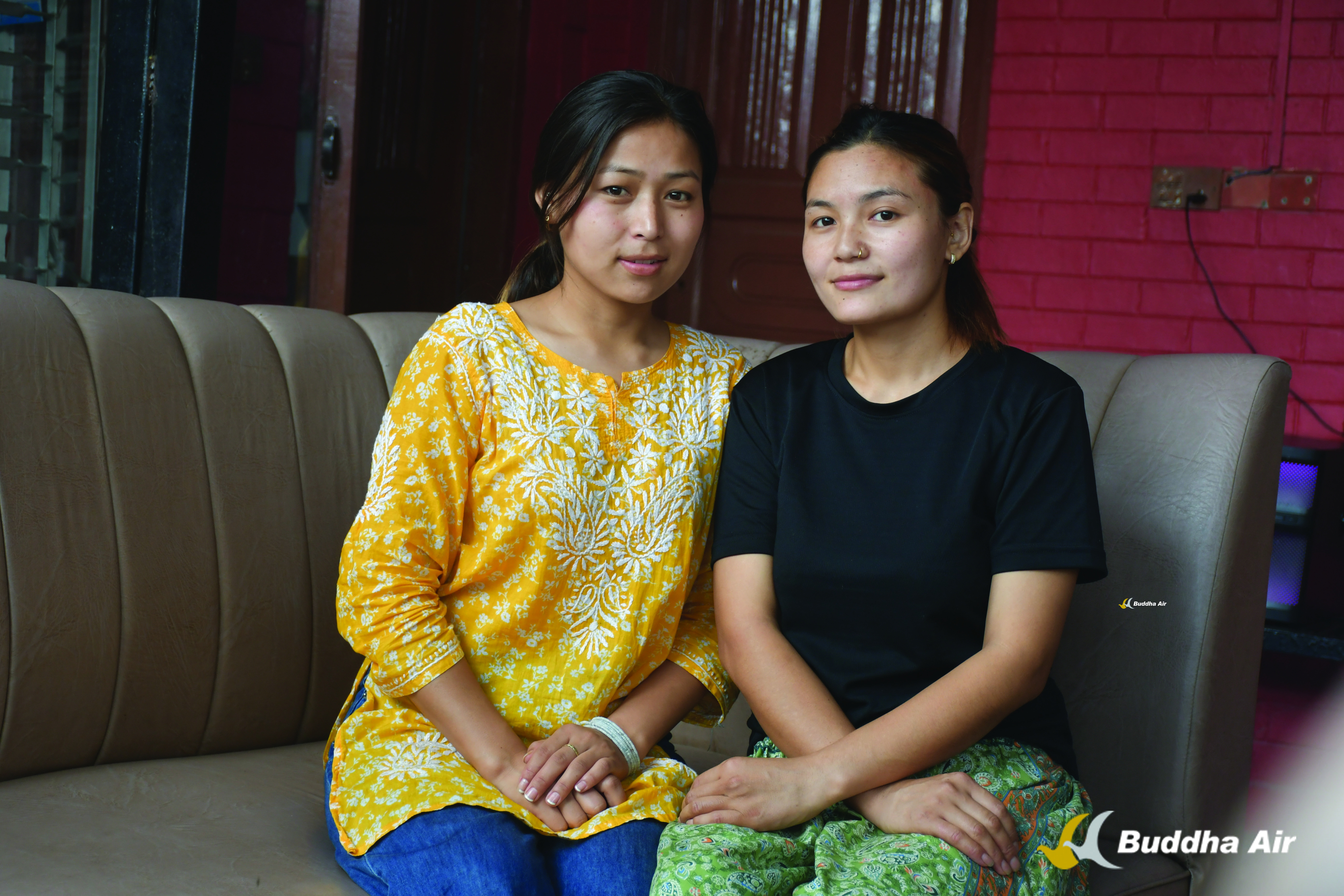
Subista Rokaya and Ramila Rokaya are sisters-in-law by relation. Both are 24 years old. They are permanent residents of Kaigaun of Jagdulla Rural Municipality-2 in Dolpa district and have done exemplary work by opening 'Karnali Chulo.'
They work as chefs in the kitchen and also make time to take feedback from their customers. They work throughout the day.
Starting the restaurant was a way for them to create a self-employment opportunity. They also wanted to serve the taste of Karnali dishes to the people of Kathmandu. Initially, there were four in the group. Two of them left after some time.
Before opening the restaurant, Subista worked in some organizations. Her sister-in-law, Ramila, was busy with household chores. But now, they are the owners of a popular restaurant. They say, "The business is doing well. We are encouraged."
They are on a mission to establish Karnali thali as a popular brand. Best wishes to both!




